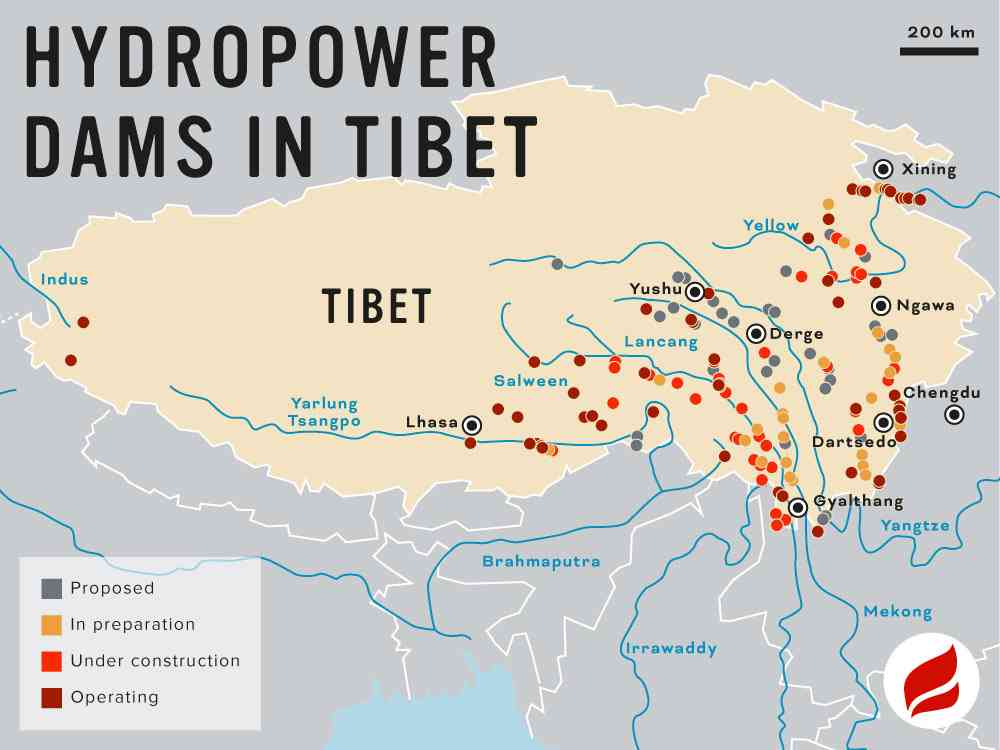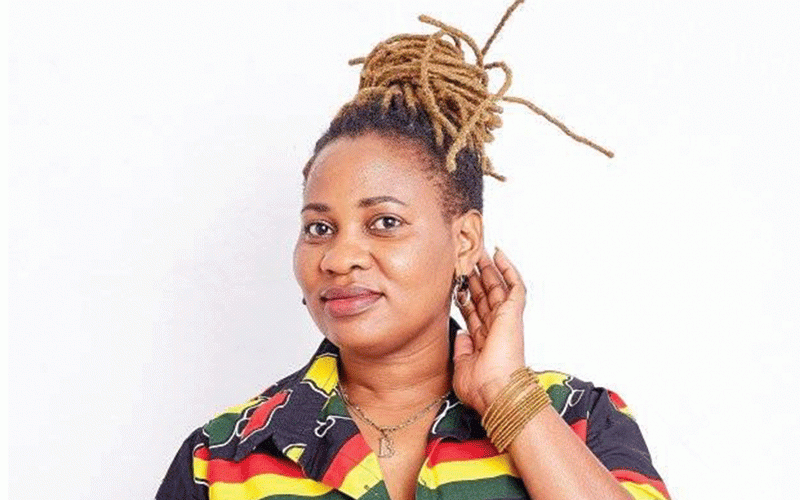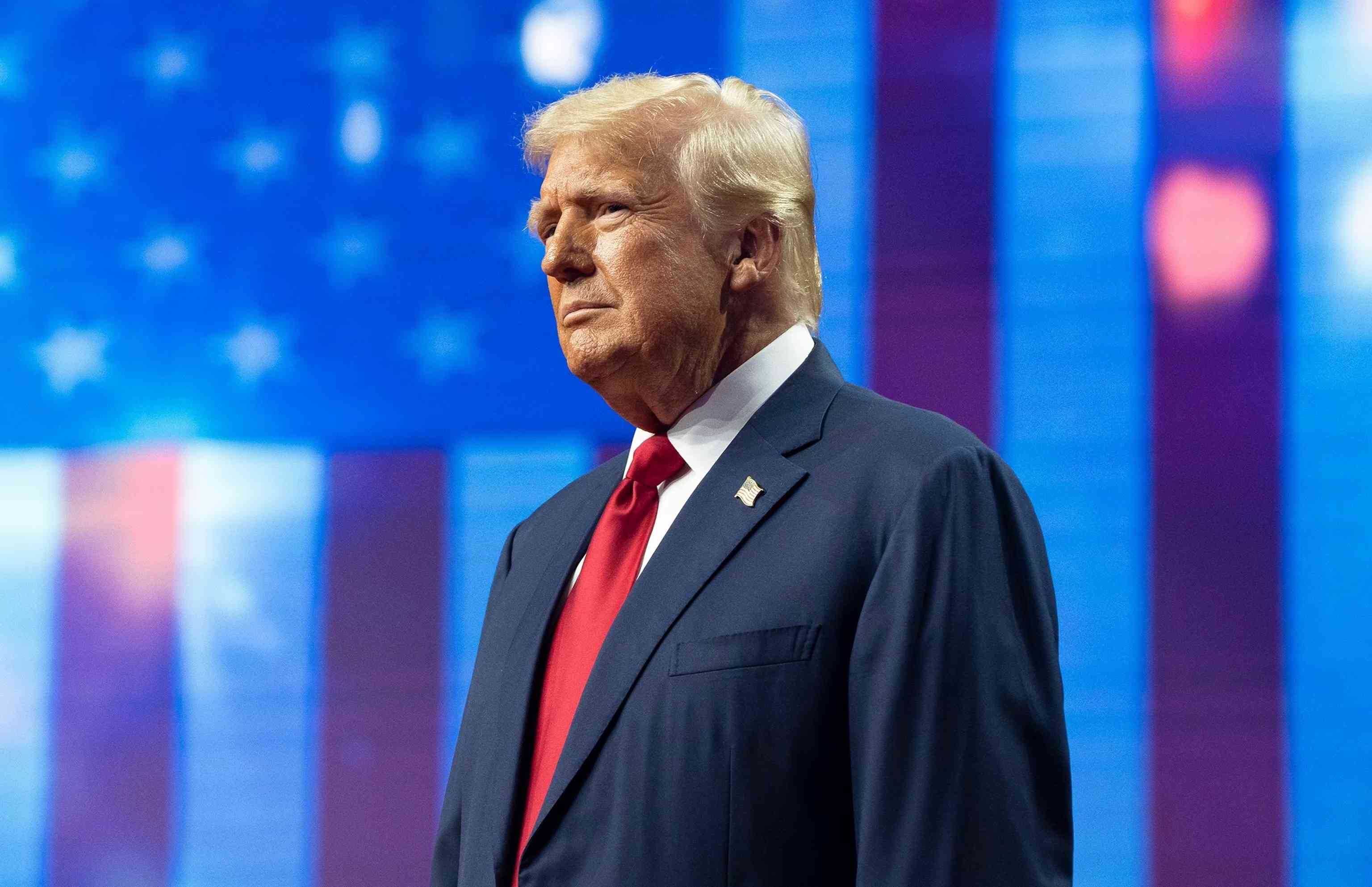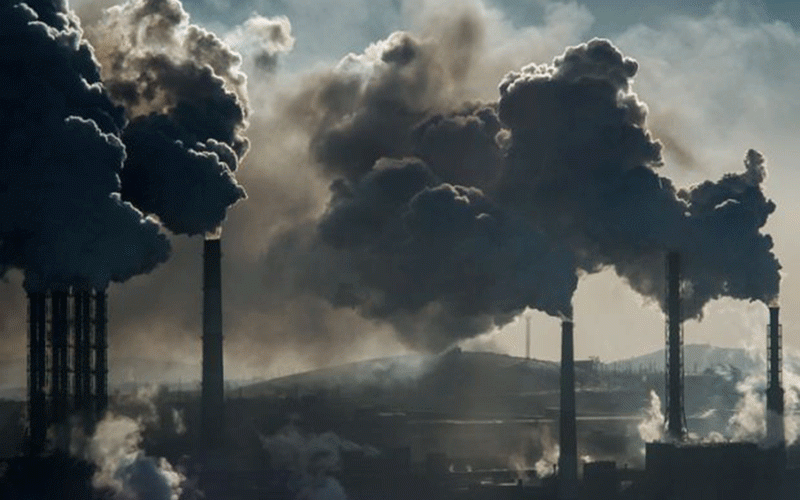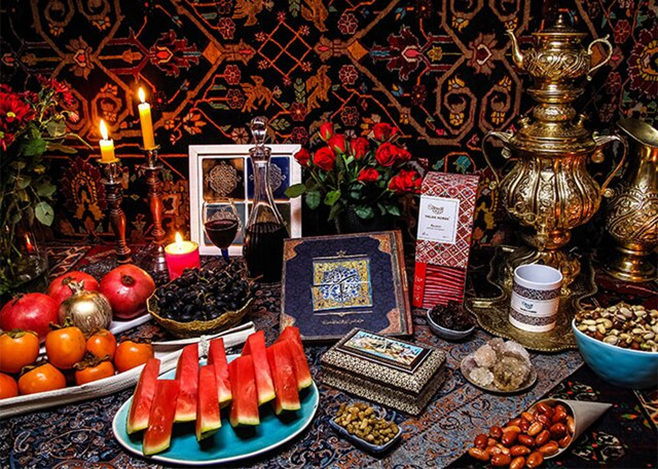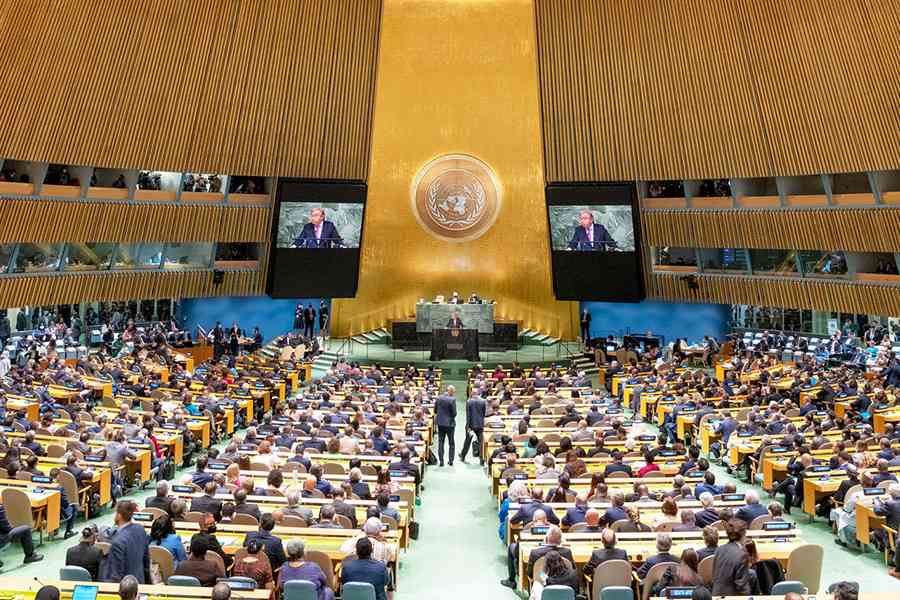
THE 78th session of the United Nations General Assembly (UNGA 78) takes place from September 9 to 23 this year. It will feature high-level general debate under the theme: Rebuilding trust and reigniting global solidarity: Accelerating action on the 2030 Agenda and its Sustainable Development Goals towards peace, prosperity, progress and sustainability for all.
The annual UNGAs serve as forums for evaluating the state of the world and identifying and resolving issues that demand attention on a global scale. This year’s UNGA — which is the 78th session — represents a crucial milestone in the journey towards achieving the Sustainable Development Goals (SDGs), since it marks the halfway point to the global goals’ deadline.
At the SDG summit, leaders will review the implementation of the 2030 Agenda for Sustainable Development and the 17 SDGs, providing high-level political guidance on transformative and accelerated actions. The outcome will be a negotiated political declaration.
The world is currently dealing with several difficulties, including the conflict in Ukraine and its consequences on the global economy, as well as the global warming phenomenon's escalating effects. These are significant problems whose repercussions are being felt throughout the world, making the upcoming UNGA a crucial forum to confront these problems head-on.
While each member State is given time and opportunity to address the UNGA, largely in terms of their progress on the SDGs and future plans to sustain and deliver on achievements, the decision-making to steer these global agendas forward lies with the United Nations Security Council.
The council’s primary responsibility is for the maintenance of international peace and security across the world. The war in Ukraine, the state of the global economy, and climate change are definitely major threats to global peace and security today. The council is a 15-member group with each member having one vote. Under the Charter of the United Nations, all member States are obligated to comply with council decisions. That is how powerful the council is to the world and global decisions.
However, this year, as heads of State and government converge in New York for the traditional UNGA event, there is one glaring development that is raising questions about the importance of this global annual event. Four of the five permanent members of the Security Council will not be at this year’s UNGA. These include France, Russia, China and the United Kingdom. This will leave the United States (US) as the only member of the five permanent members of the council to address the UNGA.
India’s Prime Minister Narendra Modi will also miss this year’s UNGA next week. This also means that five of the top 10 world’s largest economies will not be present at the UNGA having chosen to delegate their juniors to represent them at this crucial global event which serves as one of the six principal organs of the United Nations, serving as its main deliberative, policymaking, and representative organ. September is always known as the busiest diplomatic season because of UNGA.
- World View: Might Russia use its 'tactical' nukes?
- Ben Stiller and Sean Penn latest Americans banned from Russia
- World View: Is Putin bluffing about nukes?
- Why Africa must care about Ukraine’s struggle for freedom
Keep Reading
While the absence of Russia’s Vladimir Putin and China’s Xi Jinping is not breaking news as they often prefer not to attend, it is the absence of France and the United Kingdom’s prime ministers which is raising questions.
For France’s Emmanuel Macron, on the surface, there seem to be credible reasons for skipping this year’s UNGA because he is reportedly scheduled to host King Charles III and Pope Francis, both of whom are supposed to be among the world leaders at UNGA. Could it be that these leaders no longer view UNGA as an important global platform to address issues of global concern?
The United Kingdom’s absence is even more conspicuous as no credible reasons have been provided and also that this was supposed to be Rishi Sunak’s inaugural UNGA since he took over power last year in October. That will make him the first UK Prime Minister to miss UNGA in a decade. This was supposed to be his chance to address the world as a global leader, outline his agenda and also that he oversees the Commonwealth of Nations, an international association of 56 member States — that is more than half of the UN member States.
What is more conspicuous is that UNGA comes just two weeks after the Group of 20 summit in India and a month after the 2023 Brics (Brazil, Russia, India, China, and South Africa) plus summit held in Johannesburg in August. Other than Russia’s Putin, the rest of the Security Council permanent members attended the G20 summit so did members of the Brics plus. This raises the question on whether the absence of the superpowers at the UNGA is a snub or there are more important issues on their hands to handle. Or maybe they are just not seeing value in being at UNGA.
Whatever the case may be, our African leaders never miss a chance to fly to New York to decorate the auditorium, while their spouses and friends shop in the United States. It is their chance to show the world that they can do expensive shopping for their families, while their people back home expect development.
- Tapiwa Gomo is a development consultant based in Pretoria, South Africa. He writes here in his personal capacity.

